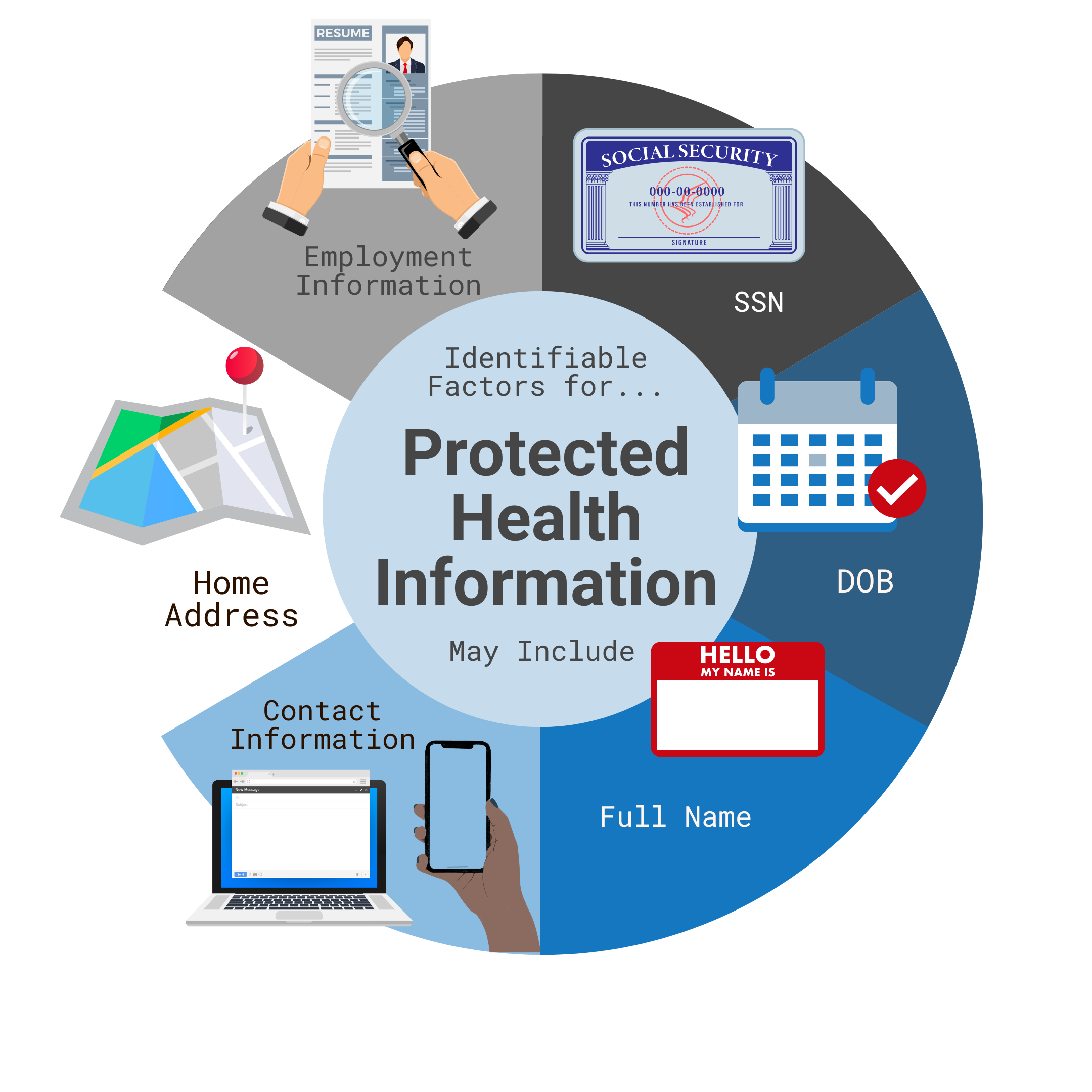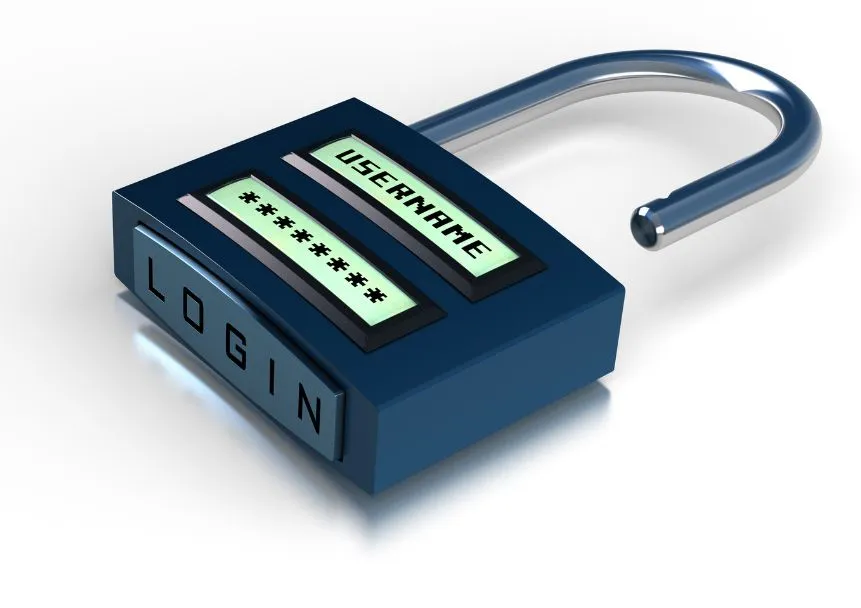Cloud storage is a great option for any business that needs to store and share large file types. If you handle electronic protected health information (ePHI), you may need to take HIPAA laws into account. What is the best way to protect your data in the cloud? HIPAA compliant data storage is a beneficial option.

What Is Cloud File Storage?
Keeping track of physical papers or flash drives can be difficult. These items may be easily lost or damaged. With cloud storage, users can view files and information through an internet connection. Anyone can access these files from anywhere at any time. Cloud storage has made managing large-scale files more convenient for industries everywhere. In the healthcare space, there are certain security risks to be aware of.
What is HIPAA Compliant Cloud Storage?
Any HIPAA covered entity (CE) that stores protected health information (PHI) on the cloud must maintain HIPAA compliance. Healthcare organizations that handle this information are legally required to implement proper safeguards to keep PHI protected. One of the ways they can keep their data secure is through a HIPAA compliant cloud storage service.

HIPAA compliant cloud storage is very similar to regular cloud storage. Both types of cloud storage host data on an external server. The main difference between the two is that HIPAA compliant cloud storage has adjusted its security features to meet HIPAA requirements.
Is All Cloud Storage HIPAA Compliant?
All cloud storage is not HIPAA compliant. There is no official HIPAA certification for data security companies to obtain. This is a common misconception in the healthcare industry. No accredited body or institution can declare cloud storage services as 100% HIPAA compliant. A data security company can implement safeguards to make sure their cloud storage services follow HIPAA rules.

A CE is legally required to safeguard the PHI they handle. This includes the PHI stored in the cloud. HIPAA compliant data storage can save you from penalty fees and keep you protected from a data breach. Healthcare organizations that handle their patient’s medical information regularly must comply with HIPAA laws. HIPAA compliant cloud storage is one of the most effective ways to store ePHI securely. While all cloud-based storage platforms make hosting files far more convenient, they are not all HIPAA compliant. Choosing a cloud storage provider that takes additional steps to keep your business in compliance with HIPAA law is key.

How Can You Verify That Data Stored in the Cloud Is Secure?
If you handle ePHI regularly, you must properly safeguard this information. This is necessary if you use cloud computing services to store this data. HIPAA laws require that your cloud storage service provider maintains HIPAA compliance. This will protect your information from a dangerous data breach. HIPAA compliant storage systems implement specific access controls to verify that your private information remains secure.

Encryption
Data encryption is one of the most effective ways to protect your PHI. This security practice keeps your private information anonymous to unauthorized users. Encryption is not only one of the most common methods of securing data but also one of the most effective ways to protect confidential information.

It is password-protected and will remain secured unless a user has the decryption key. With proper safeguards in place, a data breach would be extremely unlikely. Even during the unlikely event of a data breach, your files will be utterly useless to a hacker and ultimately remain anonymous.
DNS Security
DNS security protects your servers from cyberattacks. Your infrastructure should have a top-quality defense system against hackers and other kinds of malware. Organizations can use DNSSEC to maintain the integrity of their DNS. It also mitigates distributed denial-of-service (DDOS) threats.

The DNS security service at Enterprise Guardian takes security and reliability to the next level. We operate from four separate data centers in California, New Jersey, Nevada, and Texas. This will make sure that there is 100% uptime routeability for your email and website.
NVME Flash Storage
NVME flash storage is a system used to store and access data. FlashBlade is the fastest, most secure kind of flash storage system available. This storage platform leads the industry in both agility and usability. It is optimal for organizations that rely on cloud-based systems to access their files. As the highest-performing, most reliable file management system of its kind, FlashBlade gives our clients fast and secure access to their private data.
Real-time Backups
In the unfortunate event of a data breach, you could potentially lose access to all of your files. This includes highly sensitive medical records. When patient data falls into a hacker’s hands, you may have to deal with several issues. Your organization could be charged with heavy fines and penalties for non-HIPAA compliance. Patients could also be subject to crimes like fraud and blackmail. A HIPAA compliant cloud storage system will make and store a copy of all your data in real time. This allows healthcare organizations to instantly recover from a ransomware attack or data breach attempt.

Invest in HIPAA Compliant Data Storage Today
Data breaches are among the most common kinds of cyberattacks, and healthcare organizations are a heavily targeted industry. That is why complying with HIPAA regulations is necessary. These laws implement safeguards to keep patient data as secure as possible.

At Enterprise Guardian, we don’t believe in securing PHI solely for the sake of HIPAA compliance. We believe healthcare organizations have an ethical responsibility to maintain the integrity of PHI. That is why we are here to help make that process as easy as possible. We offer HIPAA compliant data storage with security features like encryption, DNS security, FlashBlade, and real-time backups to make file storage easy and secure. If you’d like to find a plan that works for you, contact our team or explore our pricing page today.

